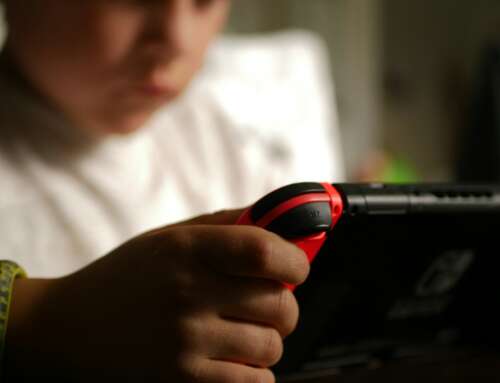Lisa Pont, a social worker at the Centre for Addiction and Mental Health in Toronto, has heard plenty of skepticism about video game addiction and whether it’s truly a medical condition that should be classified as a disease, as the World Health Organization plans to officially do in a couple of months.
“But I’ve been seeing people coming to CAMH for treatment for almost 10 years, so whether it was an official diagnosis or not, we could observe people were having problems with (video games) and we needed to respond to those problems…. I don’t think we’re 100 per cent all in agreement on what the conceptualization of it is, but there are definite themes and phenomenon that seem to be consistent.”
The WHO has said it will include “gaming disorder” in a June update to its International Classification of Diseases (ICD), defining it as a pattern of behaviour “characterized by impaired control over gaming, increasing priority given to gaming over other activities to the extent that gaming takes precedence over other interests and daily activities, and continuation or escalation of gaming despite the occurrence of negative consequences.”
A diagnosis would recognize “significant impairment in personal, family, social, educational, occupational or other important areas of functioning and would normally have been evident for at least 12 months.”
A CAMH study released in 2016 estimated 13 per cent of Ontario students – or almost 123,000 kids – have experienced symptoms of a “video gaming problem,” which was up from nine per cent in 2007. About one in five boys reported having “problematic symptoms” linked to their video gaming.
– Michael Oliveria
Read more: Video Game Addiction Concerns Mental Health Experts
Image by Esteban Lopez from Unsplash







Leave A Comment